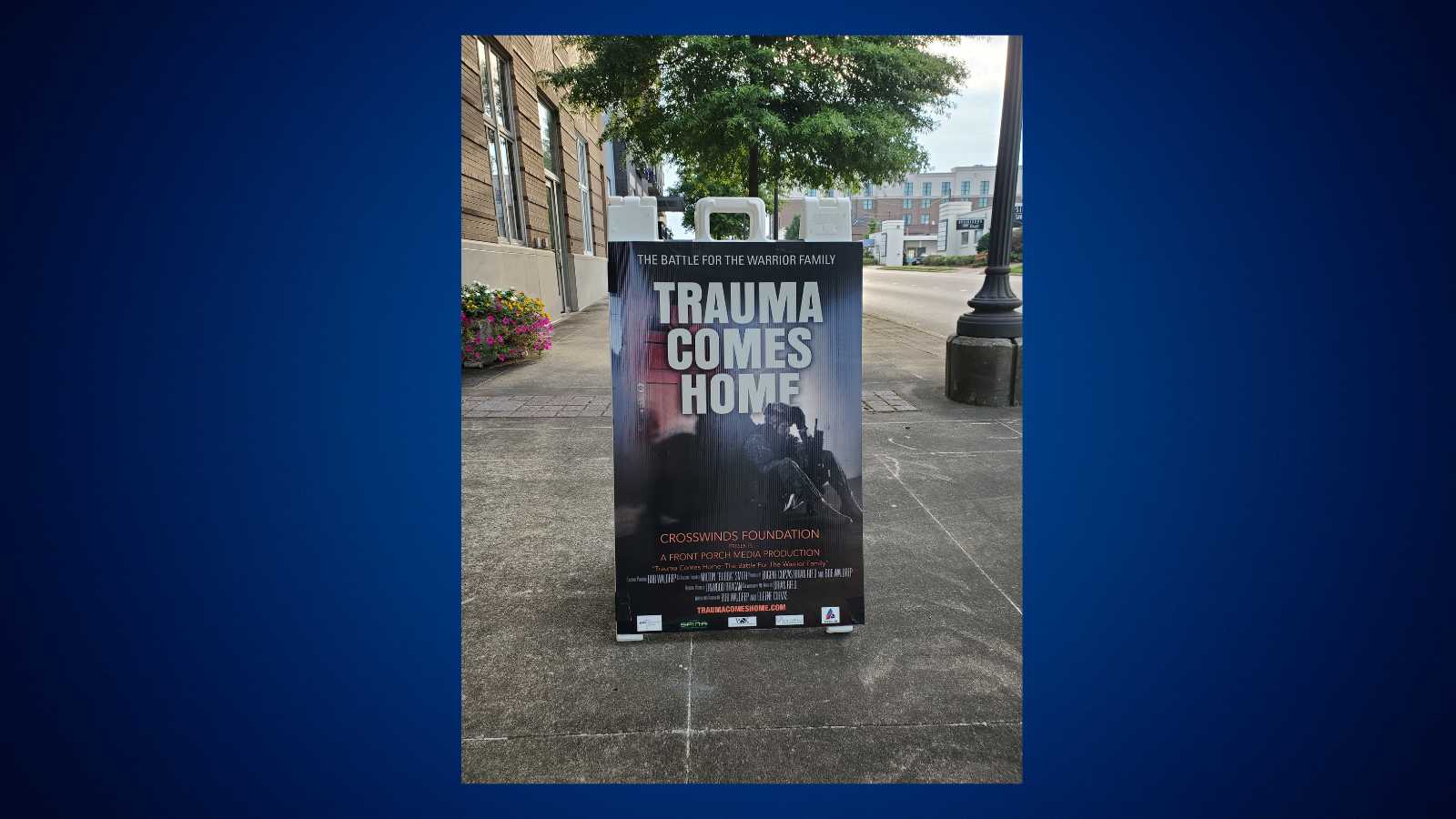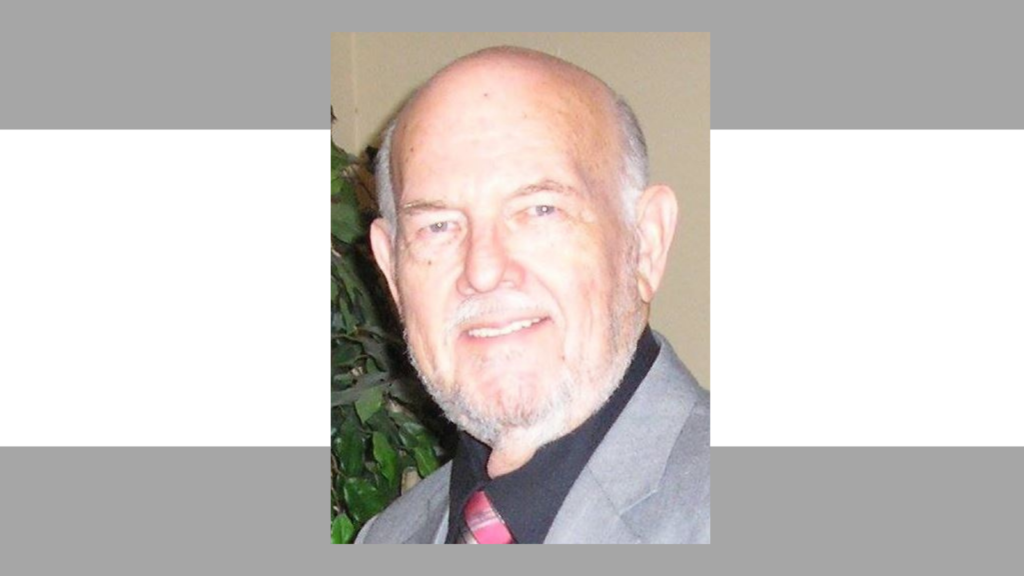Whether in training or live combat, moral injuries that occur from preparing for and going to war run deep into the psyche of combat veterans and military personnel.
Some warriors don’t make it home, and their families are left to grieve the loss of loved ones. Some make it home with emotional scars so deep they never find emotional stability and end up taking their own lives.
 “Trauma Comes Home: The Battle for the Warrior Family” is the third in a trilogy of films produced by Front Porch Media, a subsidiary of Crosswinds Foundation for Faith and Culture, to shine a light on the struggle faced by military veterans and their families who are dealing with post-traumatic stress disorder induced by the effects of combat. This film focuses primarily on the struggles experienced by the family members of wounded warriors and those who don’t return home from battle, either in body or in mind.
“Trauma Comes Home: The Battle for the Warrior Family” is the third in a trilogy of films produced by Front Porch Media, a subsidiary of Crosswinds Foundation for Faith and Culture, to shine a light on the struggle faced by military veterans and their families who are dealing with post-traumatic stress disorder induced by the effects of combat. This film focuses primarily on the struggles experienced by the family members of wounded warriors and those who don’t return home from battle, either in body or in mind.
Bob Waldrep, founder and president of Crosswinds Foundation and executive producer of the film, said that the “idea was take a topic that’s really not being addressed and get out in the public where more people are talking about it.”
Emotional scars
For those who return home, it is evident that the emotional scars of war are deep and that many of these warriors find it difficult to reenter civilian life. The film depicts PTSD as difficult to recognize in the beginning due to the emotional high of being reunited with friends and family. As normalcy begins to return, family members describe how small things such as the sound of popping corn to loud noises such as thunderclaps elicit extreme negative emotional and physical reactions in those struggling with PTSD.
Responses such as these are often the first clues to family members that their loved ones are struggling mentally and emotionally. As these episodes reoccur, family members themselves may begin to experience a type of secondary traumatic stress that mimics the symptoms of those with combat-induced PTSD, and the symptoms of both may worsen if left untreated.
According to Waldrep and the film, veterans and their families often don’t want to talk about their experiences due to the stigma of PTSD. Tragically, the most difficult emotional experiences in the film come as it focuses on the families of soldiers who were killed in action or took their own lives by suicide because they were never able to get to a place of emotional stability.
“Trauma Comes Home” is not a typical documentary about the heroics displayed by a particular division or individual in the heat of battle. The heroics displayed in this film are seen in the families as they strive to overcome grief and despair to find help for themselves and for their loved ones who have borne the battle.
Difficult journey
It is often difficult emotionally as the viewer experiences the stories of struggle and loss as described by the families of service members. Difficult though it may be, the film is important because it shines a light on a topic that, according to Waldrep, has mostly gone unrecognized by those outside of the military community. The need for more support for the families of military personnel is clearly displayed in this film.
If you have ever watched a wartime documentary and thought, “What can I do?” or “How can I help?” after hearing stories of the struggles experienced by veterans and their families, this film offers suggestions. If your passion is to serve the families of those who have served or who have lost loved ones to psychological battles at home or on battlefields abroad, this film is informative and helpful.
Viewers will not walk away from “Trauma Comes Home” with all of the answers needed to help these families, but the shared stories do open a window into the minds of the veterans and families of those effected by PTSD and how to get the conversation started to find help.
Eugene Cuevas, director of the film, said that this is a universal concept that military families deal with across multiple generations, and the purpose of the film is to educate and connect audiences to the resources needed for healing and health in their own families. Education and awareness are vital to defeating PTSD and its effect on the families of those serving in the armed forces, and “Trauma Comes Home” takes a significant step to educate all those who have an interest in defeating this disorder.
Additional resources
For a free manual to help defeat PTSD and moral injury in the home go to warriorhope.online/WFA.
To attend a premiere, host a screening or sponsor the distribution of the film, visit traumacomeshome.com/.
To learn more about Crosswinds Foundation, visit crosswindsfoundation.org/.






Share with others: